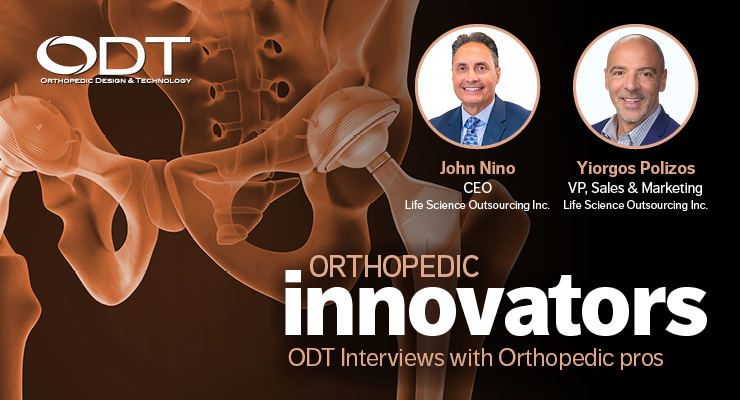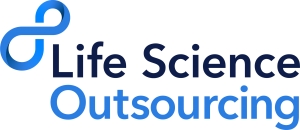The design of the product is finally finished. Design freeze has been placed and the product moves to manufacturing for full-scale production. What about the packaging of the device? What about sterilization for it? Was this overlooked or even considered prior to design freeze? If it was neglected, it needs to be addressed before the product ever hits customers’ shelves.
Perhaps you had the team in-house to handle the products design and development, but they are unfamiliar with sterilization requirements or packaging design. Perhaps your contract manufacturer works on design and manufacturing, but not packaging or fulfillment. Perhaps you have a design house that is fantastic for human factors development, but sterilization of medical devices is not its strong suit.
Fortunately, there are companies that are well-equipped to address these needs for a medical device product. They know the right questions to ask, what options are available, what requirements need to be fulfilled, and how best to deliver a finished device to the end user. To address this aspect of the medical device development lifecycle, John Nino, CEO, and Yiorgos Polizos, VP of sales and marketing, from Life Science Outsourcing took time to answer the following questions. Their expertise should be leveraged as a guideline for how to approach these areas to ensure a seamless product launch.
Sean Fenske: When a company has a medical device concept at design freeze and comes to you to get it to market, what is the first step in the process?
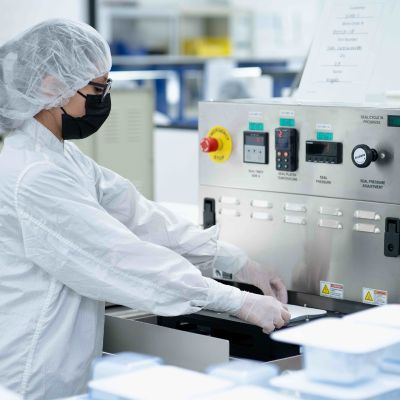
Determining how best to package a product may require some trial and error to result in the optimal choice. Be sure your packaging services partner has experience across a number of possibilities and can provide the ideal option.
Once the package design is finalized, we perform both packaging and sterilization validations. A key competitive advantage of LSO (Life Science Outsourcing) lies in our comprehensive range of services, which can significantly expedite commercialization and revenue recognition. As experts in medical device manufacturing, assembly, sterilization, and packaging, we ensure a seamless process from design freeze to market.
Fenske: If this is a company’s first product (they are a start-up), what types of services do you offer to help them with steps along the way?
Yiorgos Polizos: We have a long-standing record of successfully collaborating with startups and accelerating their commercialization process.
Our comprehensive range of services includes package design, package validation, sterilization validation, assembly, packaging, labeling, sterilization, and distribution. By offering these end-to-end solutions, we empower our clients to bring their products to market efficiently and effectively.
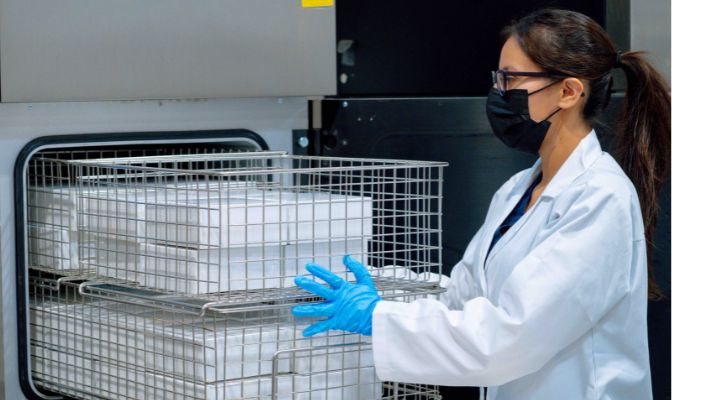
There are several options for sterilization so it’s important to select the best method for the specific product and its packaging that will ensure patient safety.
Fenske: How is the supply chain handled? Does a company come to you with other manufacturing partners selected or does LSO help address these needs?
Nino: We work under both customer furnished material (CFM) and turn-key procurement arrangements supported by a network of both LSO and customer-approved suppliers. By assuming responsibility for materials management, we enable OEMs to focus on other critical aspects of product realization. Our supply chain services include ERP-driven inventory planning, procurement, warehousing, and distribution to ensure the timely delivery of both domestic and international orders. Working in this manner provides our customers with an overarching material management solution.
Fenske: At what point does packaging enter the picture? What services does LSO offer to aid in packaging for the finished device?
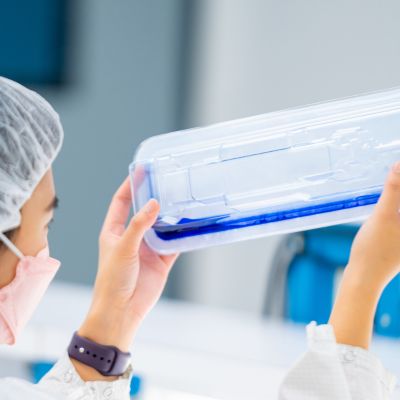
Conducting a sterile barrier testing, such as the ASTM F1929-12 dye leak test, is crucial for confirming the integrity of medical packaging seals.
It is crucial to address packaging immediately upon design freeze and prior to 510k submission, thereby ensuring seamless and efficient progress through the regulatory approval process.
Fenske: What about sterilization capabilities? Does LSO offer this or do you work with outside partners to arrange this?
Nino: We offer various sterilization modalities to accommodate the diverse needs of our clients. Our in-house services include quick-turn, small-lot ethylene oxide (EtO) and steam sterilization. Our sterilization capabilities include a distinctive CDER-approved steam sterilizer that provides a specialized air over pressure cycle processing, ideal for pharmaceutical products like liquid solutions housed in glass vials, such as combination drug delivery devices. Additionally, we have ample capacity available to accommodate our clients' needs efficiently.
We also collaborate with established partners to provide additional options such as gamma radiation, X-ray, and large-batch format EtO.
Our in-house validation experts enable us to provide comprehensive services, including writing validation protocols, executing cycles, performing required tests, and generating final reports—all within a unified team and facility. Once validation work is completed, we can function as a certified contract sterilizer, offering unparalleled efficiency and reliability.
By offering a range of in-house sterilization options and services, we ensure a competitive, comprehensive, and adaptable approach to meeting our clients’ diverse medical device sterilization requirements.
Fenske: What offerings does LSO provide that assist in the path to commercialization that are overlooked, underappreciated, or unexpected by medical device customers?
Polizos: Quality, regulatory, as well as fulfillment and distribution services (FDS) are three key areas that, while critical, may sometimes be overlooked or underappreciated by customers. LSO has built its success and reputation on a foundation of over 25 years of quality and regulatory compliance expertise. Our world-class quality management system ensures that our clients' products meet the highest standards.
Recently, we have expanded our FDS offerings to further support customers dealing with supply chain disruptions. By providing comprehensive services, including FDS, quality, and regulatory support, we enable our clients to navigate through the complexities and challenges associated with bringing medical devices to market.
Fenske: Do you have any additional comments you’d like to share based on any of the topics we discussed or something you’d like to tell orthopedic device manufacturers?
Polizos: In addition to providing complete assembly, packaging, and sterilization services, we would like to share how LSO's novel pre-validated packaging solutions can streamline the commercialization process. Utilizing off-the-shelf validated trays and pouches significantly abbreviates packaging design and validation timelines, and reduces material lead times. This, in turn, reduces time to market. However, we understand that each manufacturer has unique packaging requirements, which is why we offer both off-the-shelf and full custom packaging solutions. By partnering with LSO's team of experts, OEMs can be assured their devices will be packaged in compliance with industry standards and critical product launch timelines will be met.
Click here to find out more about Life Science Outsourcing >>>>>

